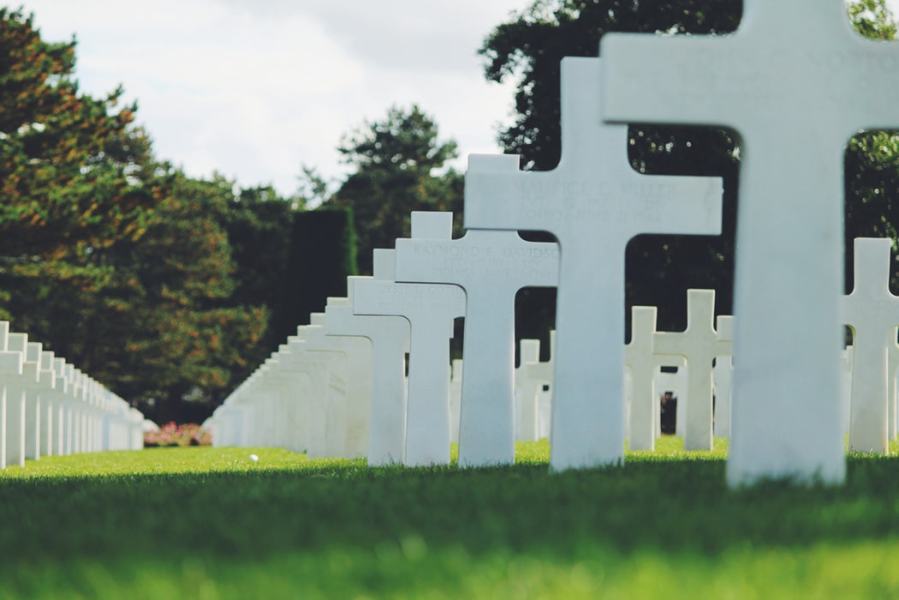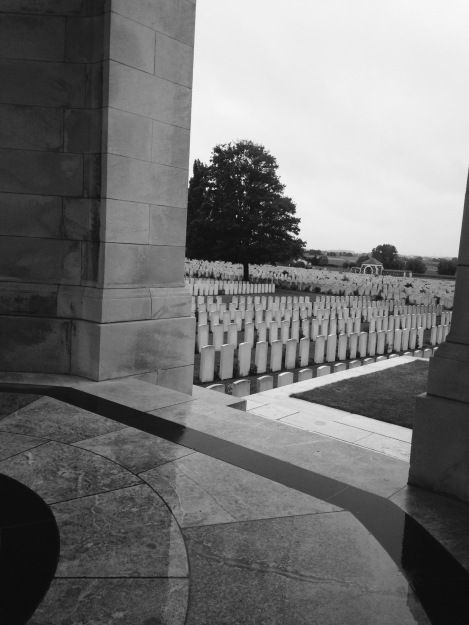John McCrae, writing in 1915 on behalf of the dead, urges us in his poem ‘In Flander’s Fields’ to ‘take up our quarrel with the foe.’ He passes the torch to us to avenge those who were slain in cold blood. Those days, as Simon Jenkins writing for the Guardian urges, are gone.
 Remembrance Sunday, according to Jenkins, has transformed into a ‘synthetic festival.’ A day where people who no longer really mourn the loss of the dead indulge in feelings of ‘self-congratulation’. ‘We really ought to get over it’, he states. Grief for a past event cannot be conceived of as a national priority.
Remembrance Sunday, according to Jenkins, has transformed into a ‘synthetic festival.’ A day where people who no longer really mourn the loss of the dead indulge in feelings of ‘self-congratulation’. ‘We really ought to get over it’, he states. Grief for a past event cannot be conceived of as a national priority.
Jenkins makes a fair point in suggesting that this kind of remembrance should be forgotten. National Remembrance days are perhaps too ostentatious for their own good. Affected speeches, the waving of British flags, the parade of uniforms emblazoned with the proud symbol of the poppy perhaps resemble a rally for war victory and colonial power rather than a meditation on loss. ‘History is always defined by the victors’, says Jenkins. Perhaps remembering is not the issue, but rather the manner in which it is done.
While Jenkins argues that remembrance, presented on a national scale, is no longer appropriate, even meaningless, it’s my view that perhaps we don’t remember enough. In a world of technological advancement and scientific discovery, a world constantly progressing and changing, I think we have forgotten what it really is to remember the horrific scenes of the past. Our concept of ‘remembrance’ has been reduced to a minute’s silence. A fleeting moment timed by the futile hand of the clock. A minute of twiddling your thumbs and gazing around the room, wondering what you’re going to have for lunch that day.
I’ll never forget the time I first came across Wilfred Owen’s famous poem, ‘Futility’, in my A-Level English class. No other student seemed to know who Owen was.
‘Move him into the sun –
Gently its touch awoke him once.’
Move who into the sun?’. ‘Why?’ people asked. ‘He’s dead’, I thought. ‘A soldier. And for that, he deserves visibility.’ Owen recognised the futility in war, in suffering, in remembrance. He recognised the futility in believing that those after him could ever contemplate the extent of their collective torment. All we have are words and a romantic, rather distant, sense of it all.
While people move themselves into the sun on their lunch break and sit grazing on war memorials, do they really remember? Do they take a moment to view the names of those inscribed on the stone, and contemplate those who died unknown? There are no roses for the unidentified dead.

We are the beneficiaries of bloodshed. We stand firmly on peaceful soil gained from the sacrifice of our ancestry.
To remember is not to forget how far we’ve come. To remember is not, as Jenkins suggests, to revive old antagonisms, but to acknowledge that they were there, they happened, and to strategize how now to move forward in a world where antagonisms are as frequent and fleeting as the changes in weather.
Jenkins rings true when he proposes that ‘ongoing disputes’ worldwide are sustained by old memories that never die. History is a ‘fuel’ he suggests, but not, in my view, for unceasing vendetta. The point of history is not to set the world ablaze with reignited resentments of the past, but to ‘fuel’ the present with what lessons we should have, but perhaps have not, learnt. The key is not to eradicate the past, but to understand it. Perhaps this is what Jenkins was getting at. Old memories die hard. The lesson is not to forget, but to innovate.
Jenkins ends with a sensible proposition. ‘The task is not to ignore some past event but to view it in proportion, to find some compromise between present and past.’ Let us encourage the recognition of personal loss, appreciate its connection to a past world, allow those who wish to, to wear their poppies. A poppy is for remembrance, acknowledgement, respect. Red for the blood that was shed.
For your reference:
Simon Jenkins’s Article:
I could not agree more. A brilliant response tackling an issue dear to so many, in fewer swear words than I and others, angered by Jenkin’s article could have managed. Thank you for reminding us of the importance of the poppy and why we wear it. This is a thought-provoking article and I believe you have taken the “torch” McCrae speaks of and truly held it “high” by writing this.
LikeLiked by 1 person